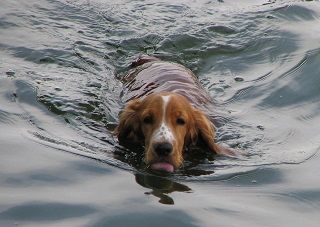Nailing Down the Sustainability of Processing Waste Isn’t Easy

I came across an article yesterday whose purpose was to expose the appalling quantity of fossil fuel that goes into supporting the lifespan of the typical pet dog. This, in turn, reminded me of how difficult and unfair these analyses can be, or, putting it another way, how easy it is to prove that 2 + 2 = 5 in this arena.
Obviously, if we were growing cows to generate the animal protein for dogs, this would be environmentally catastrophic, but that’s almost never the case. In the real world, dog food is produced from a great variety of waste sources that would need some sort of other disposal if it weren’t for dog food. Some of these are more disgusting than others (I’ll spare you the details), but all of them are unfit for human consumption. They are either the byproducts of delivering us the meats we eat, or they come from one of dozens of other supplies, e.g., the many million horses (of the total planetary population of roughly 58 million) that die each year.
Establishing the actual carbon footprint of all this isn’t easy, which means that the subject is amenable to gross manipulation.

I guess that depends on how you define sustainability. Clearly this business is not only sustainable but growing constantly and providing jobs in the process. In the beginning they were hard pressed to come up with a couple of thousand gallons a month by going around in pickup trucks with 55 gallon drums in the bed. Look at where they are now. Before them the waste oil was still collected so that hasn’t changed. The difference is the oil was fed to cattle to “fatten” them up or just plain discarded. Most of the filtering process relies on gravity so no real energy wasted there. All in all if is a very efficient operation. There are many of these operations all around the country so somehow it must be worth it.